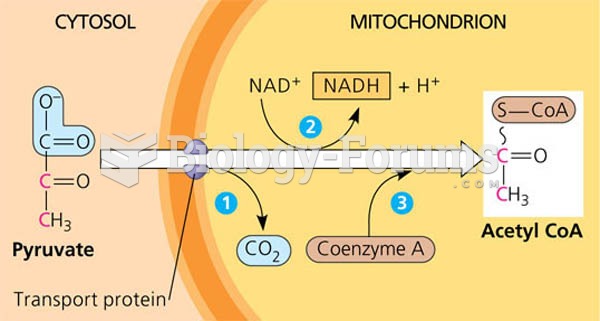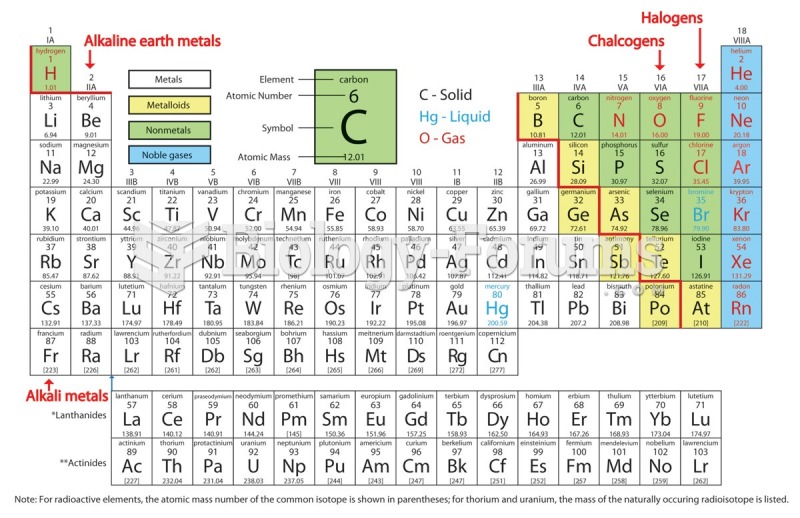Answer to Question 1
Correct Answer: 3
Rationale 1: Accutane does not increase blood pressure.
Rationale 2: Blood levels of vitamin A is incorrect because liver function should also be monitored in clients taking Accutane.
Rationale 3: Increased serum concentrations of triglycerides (by 50-70 percent) can occur in clients taking Accutane. This is a highly toxic metabolite of retinol or vitamin A, and must be used carefully.
Rationale 4: Accutane does not increase heart rate.
Global Rationale: Increased serum concentrations of triglycerides (by 5070 percent) can occur in clients taking Accutane. This is a highly toxic metabolite of retinol or vitamin A, and must be used carefully. Accutane does not increase blood pressure. Blood levels of vitamin A is incorrect because liver function should also be monitored in clients taking Accutane. Accutane does not increase heart rate.
Answer to Question 2
Correct Answer: 3, 4
Rationale 1: Dexamethasone (Decaspray) is a topical corticosteroid.
Rationale 2: Betamethasone (Diprolene) is a topical corticosteroid.
Rationale 3: Systemic medications for psoriasis include acitreten (Soriatane) and etretinate (Tegison). These drugs are taken orally to inhibit skin cell growth.
Rationale 4: Systemic medications for psoriasis include acitreten (Soriatane) and etretinate (Tegison). These drugs are taken orally to inhibit skin cell growth.
Rationale 5: Diphenhydramine (Benadryl) is an oral or topical antihistamine.
Global Rationale: Systemic medications for psoriasis include acitreten (Soriatane) and etretinate (Tegison). These drugs are taken orally to inhibit skin cell growth. Dexamethasone (Decaspray) is a topical corticosteroid. Betamethasone (Diprolene) is a topical corticosteroid. Diphenhydramine (Benadryl) is an oral or topical antihistamine.







